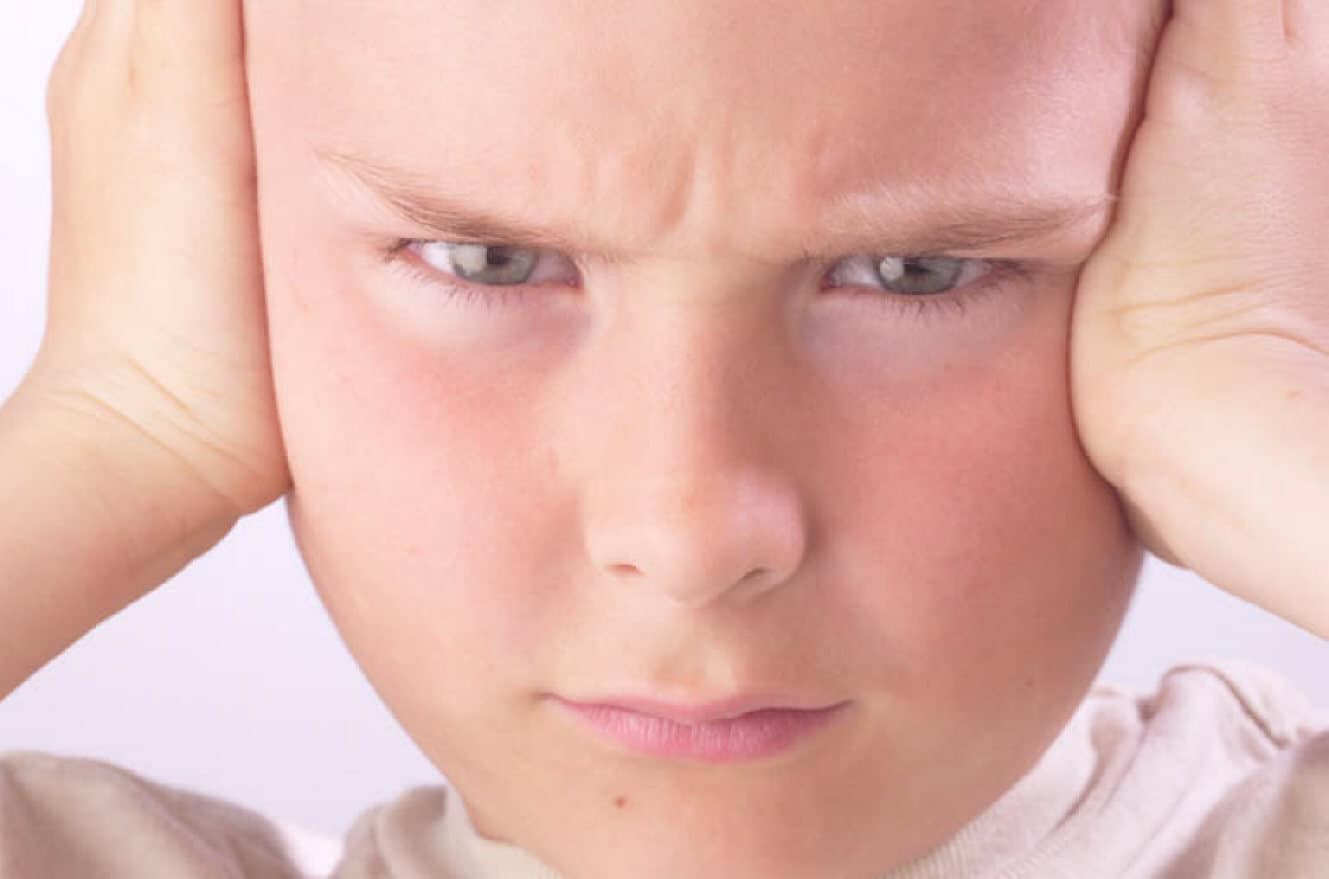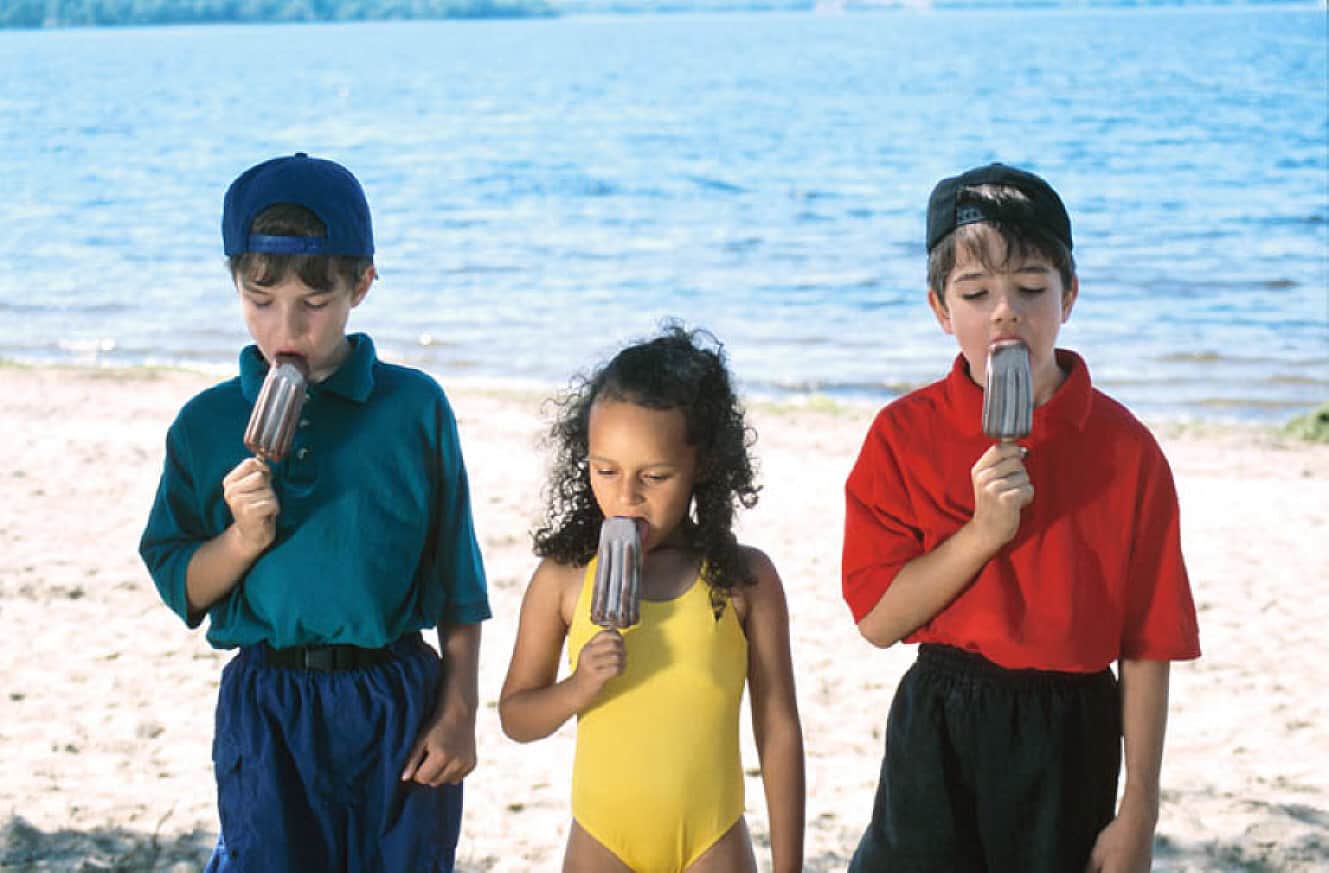 Q. How do you teach your child how to be angry? I fully agree with Lyman Abbott, but am stymied by this issue. Anger seems to beget more anger around our house, sadly.
Q. How do you teach your child how to be angry? I fully agree with Lyman Abbott, but am stymied by this issue. Anger seems to beget more anger around our house, sadly.
A. Thanks, Colleen, for this question. I know that you are not alone in wondering how to teach your child to be angry. Most people, whether aware of it or not, think that children should be seen and not heard especially when unhappy. Giving your children the tools to deal with difficult emotions is, in my opinion, of the most important gifts we can give. Daniel Goleman, Ph.D. and author of Emotional Intelligence, and more recently Social Intelligence, speaks of the need in our society to develop social and emotional intelligence and skills in our children and us, because the lack of these skills can in fact be toxic. He also affirms that emotions are contagious, especially when we are not in control of our own.
First and foremost we can teach our children from a very young age that their emotions are real and acceptable by validating them. By affirming and understanding the anger or frustration a young child may experience when someone else has the toy they want to play with we let them know that their emotion is real and that it is okay. Do not attempt to change their emotions or talk them out of their feelings. Or, worse yet, tell them to simply, “Get over it”!
Something I have found that works amazingly well is sharing with a child a personal experience about a similar situation and how I dealt with it. Give ideas or suggestions about ways they can express their anger without hurting something or someone else. For older children and teens, writing in a journal or drawing pictures about their emotions can be helpful. Teaching children how to talk through their problems with others, and how to agree to disagree is always important and should be considered a virtue among humans. And while I’m opposed to time outs in the traditional sense, it is always an option to tell your older child that being alone is often times the best way to calm down. Assure them that they can always revisit the issue and come up with a solution after some time has passed and the dust has settled. Set limits in your home about respect and that while it is okay to be angry it is not acceptable to be disrespectful in tone or language.
As parents our emotional attachment to our children makes it difficult for us to step back and get perspective when our children are having an outburst. Learning to accept that your child can and will be angry at you many times in their life, and that the two of you will not always see eye to eye can go along way in keeping you from meeting the anger of the child with your own. By staying calm and handling your own frustration with emotional intelligence you model for your child acceptable and appropriate ways to cope. Often times I will be the one to separate myself from a heated discussion while I take some deep breaths and refocus on the fact that I am the parent and adult and my goal is to teach my child that I can be angry and upset without being hurtful, disrespectful or raving like a lunatic.
To leave you with another famous quote:
“You must be the change you want to see in the world” ~Mahatma Ghandi





Be the first to comment